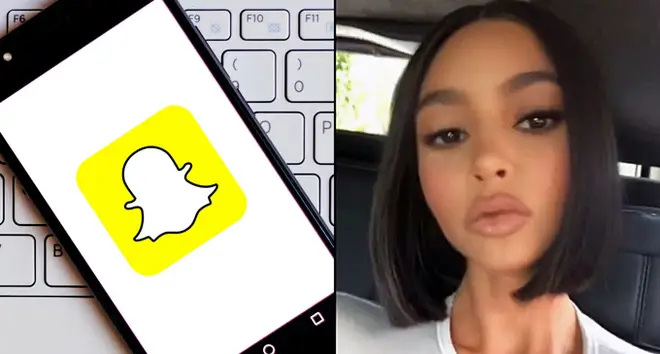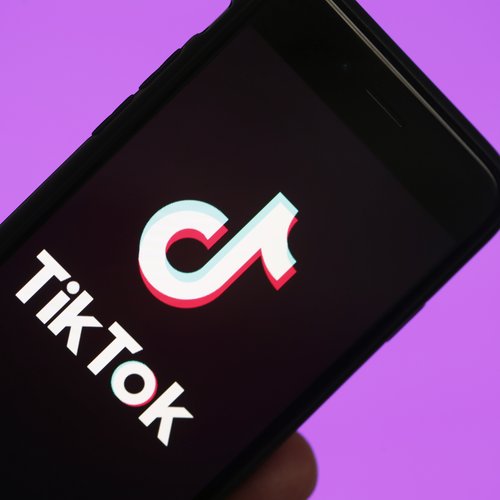Young people are getting plastic surgery to look like Snapchat filters
24 June 2019, 12:37
"Snapchat dysmorphia" is causing teenagers to get cosmetic surgery to help them look like the flawless and filtered versions of themselves.
Snapchat is known for it's fun filters. The release of Snapchat's new gender swap and baby filters brought amusement to loads of people and inspired countless memes. But now, there's a worrying Snapchat trend that has emerged from its filters.
A study from JAMA Facial Plastic Surgery by researchers from Boston University School of Medicine’s Department of Dermatology has found that Snapchat is contributing to a rise in surgical procedures among young people who are desperate to look like the filtered versions of themselves that they see on the app.
These people are actively seeking for perfection in real life by getting treatments that straighten their noses, contour their cheekbones, or make them look slimmer.

It used to be celebrities that would set the plastic surgery trends, but now people are actually bringing in photos of themselves that are heavily filtered into surgeons offices and asking to have their faces and bodies surgically enhanced to look exactly like their filtered images on Snapchat.
The condition has been called "Snapchat dysmorphia", much like the mental condition body dysmorphia or body dysmorphic disorder, which is most common in teenagers and young adults. A person with BDD spends a lot of time worrying about flaws in their appearance that are often unnoticeable to others.
One of the article’s authors, Dr Neelam Vashi, told The Washington Post the cause of Snapchat dysmorphia is that accessibility of the app. Most young people are on Snapchat and the ability to change your appearance almost instantly has become a particularly enticing feature.
"What used to lie in the hands of. . . celebrities and beautiful people who were innately beautiful made to look more beautiful, now it’s in the hands of anyone," Vashi explained. "Sometimes I have patients who say, 'I want every single spot gone, and I want it gone by this week or I want it gone tomorrow,' because that’s what this filtered photograph gave them.
"They check off one thing, and it’s gone. That’s not realistic. I can’t do that. I can make people a lot better, but it will take me a lot more time than a week, and it won't be 100 percent."
Snapchat can't take all the blame for this, though. Vashi noted that other editing apps like FaceTune, where you can alter your entire appearance, has the same effect. Your appearance is then rewarded with Instagram likes and followers, which reinforces the idea of beauty meaning popularity.
Dr Vashi suggests that rather than going under the knife, it's best to seek help from a professional because surgery won't necessarily solve the issues you may have.
She continued: "Filtered selfies can make people lose touch with reality, creating the expectation we are supposed to look perfectly primped all the time.
"This can be especially harmful for teens and those with BDD, and it is important for providers to understand the implications of social media on body image to better treat and counsel our patients."






















